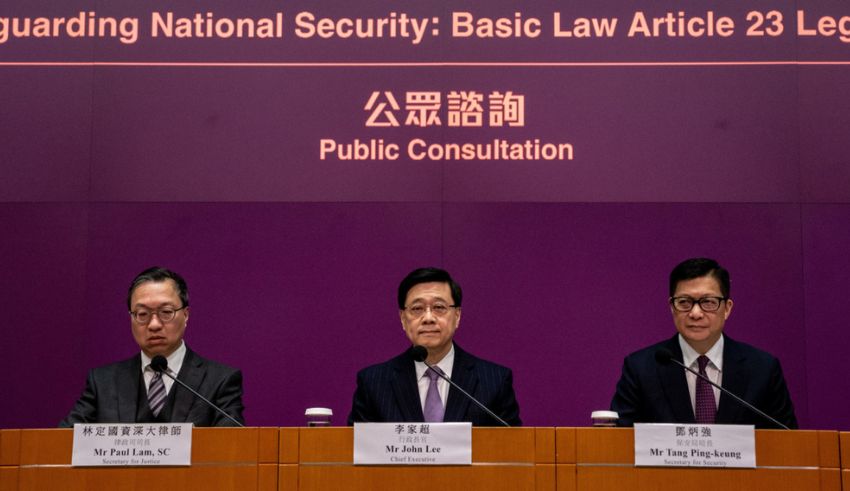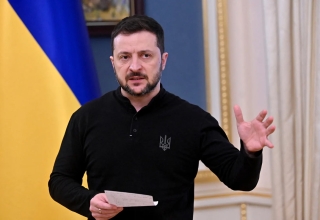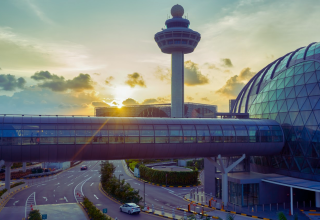
Hong Kong’s new national security law, known as Article 23, has been a subject of intense discussion and concern both locally and internationally. Here’s an expanded overview of what you need to know:
Background of the Law
- Previous Security Law: Beijing imposed a sweeping security law in 2019 following massive anti-government protests. It led to the prosecution of activists and the closure of civil society groups and pro-democracy media outlets.
- New Legislation: The new law is seen as a continuation of the political crackdown that began in 2019. It grants the government more power to curb dissent and is widely viewed as a step to fulfill a constitutional duty focusing on economic prosperity.
Provisions of the New Law
- Treason, Sabotage, and Sedition: The law updates or creates new laws to prohibit acts like treason, sabotage, sedition, and the theft of state secrets.
- Control Over Foreign Entities: It tightens control over foreign political bodies and organizations operating in the city, outlawing “external interference” and defining “external forces”.
- Sentencing: The law includes sentences of up to life imprisonment for treason, insurrection, sabotage, and mutiny, and up to 20 years for espionage and crimes linked to state secrets and sedition.
Implications and Impact
- Freedom of Expression: There are concerns that the law will further restrict freedoms, including freedom of expression and other rights stipulated in Hong Kong’s Basic Law.
- Business and Academia: Businesses, diplomats, and academics are closely watching the developments. There are fears that the laws could impact data operations and hamper research due to broad definitions of state secrets.
Controversies
- Vague Definitions: Critics argue that the law’s broad definitions allow for its arbitrary application, potentially stifling political dissent.
- Judicial Independence: There are fears that the law will erode Hong Kong’s judicial independence, which has been a cornerstone of its legal system3.
Global Reaction
- International Condemnation: The law has been condemned by many countries, stating it undermines the “One Country, Two Systems” principle.
- Sanctions: In response, some nations have imposed sanctions on Hong Kong and Chinese officials.
Local Response
- Arrests and Media Crackdown: High-profile arrests have been made under the law, and it has been used to crack down on the free press.
The national security law has significantly changed the legal and political landscape of Hong Kong, raising questions about the future of the city’s autonomy and freedoms.























